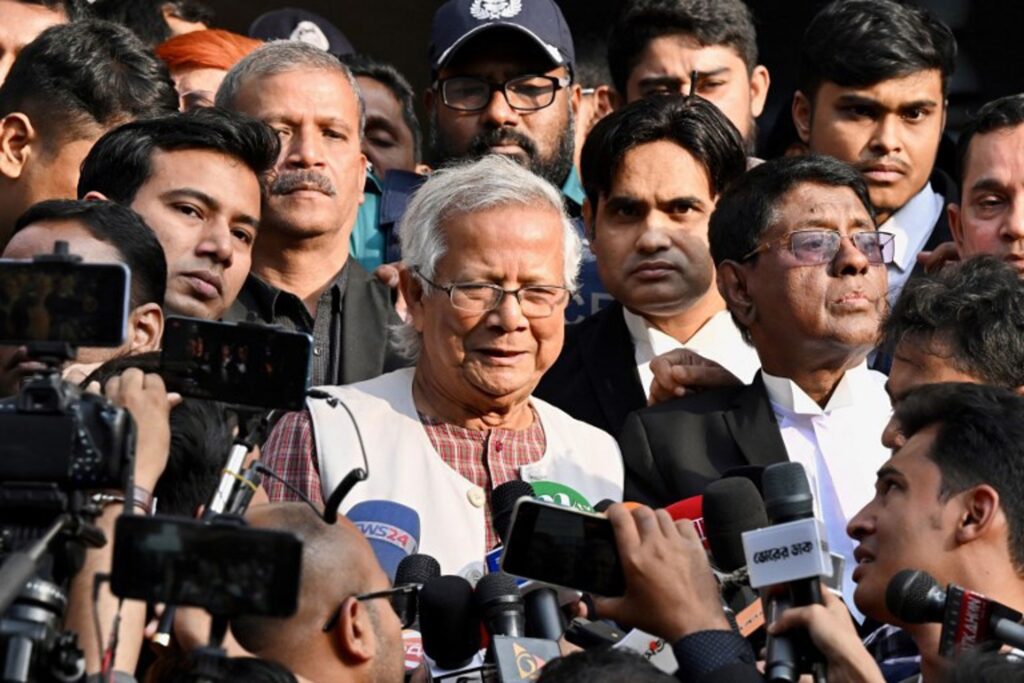Uncategorized
Nobel Peace Prize Winner Muhammad Yunus Sentenced to Six Months in Jail in Bangladesh
In a controversial move, a Bangladeshi court has sentenced Nobel Peace Prize laureate Muhammad Yunus to six months in jail, despite appeals from over 170 world leaders and fellow Nobel laureates to suspend the legal proceedings. Yunus, renowned for pioneering microcredit to aid impoverished individuals, was accused of violating labor laws, with the trial centering around Grameen Telecom, a non-profit organization he founded.
The Third Labour Court of Dhaka found Yunus, as chairman of Grameen Telecom, and three other directors guilty of not making 67 employees permanent, neglecting the formation of employees’ participation and welfare funds, and failing to distribute 5% of the company’s dividends to staff, as per company policy. Grameen Telecom owns a significant stake in Grameenphone, the largest mobile phone company in Bangladesh.
Yunus was granted bail at the hearing and has 30 days to appeal the verdict. However, this development adds to the challenges Yunus is facing, as he is also implicated in other charges related to corruption and fund embezzlement.
Supporters of Yunus argue that the charges against him are politically motivated and part of a broader political context, suggesting harassment amid strained relations with Prime Minister Sheikh Hasina. In August, global leaders and Nobel laureates, including former US President Barack Obama and former UN Secretary-General Ban Ki-moon, called on Prime Minister Hasina to halt all legal proceedings against Yunus. They expressed deep concerns about threats to democracy and human rights in Bangladesh.
Yunus, who founded Grameen Bank in 1983, revolutionized microfinance by providing small loans to entrepreneurs excluded from traditional banking systems. The success of Grameen Bank in alleviating poverty has inspired similar microfinancing initiatives worldwide. However, tensions between Yunus and the government escalated after Hasina assumed power in 2008, leading to various investigations into Yunus.
The sentencing of a globally revered figure like Yunus raises questions about the political landscape in Bangladesh and the implications for democratic values in the country.













